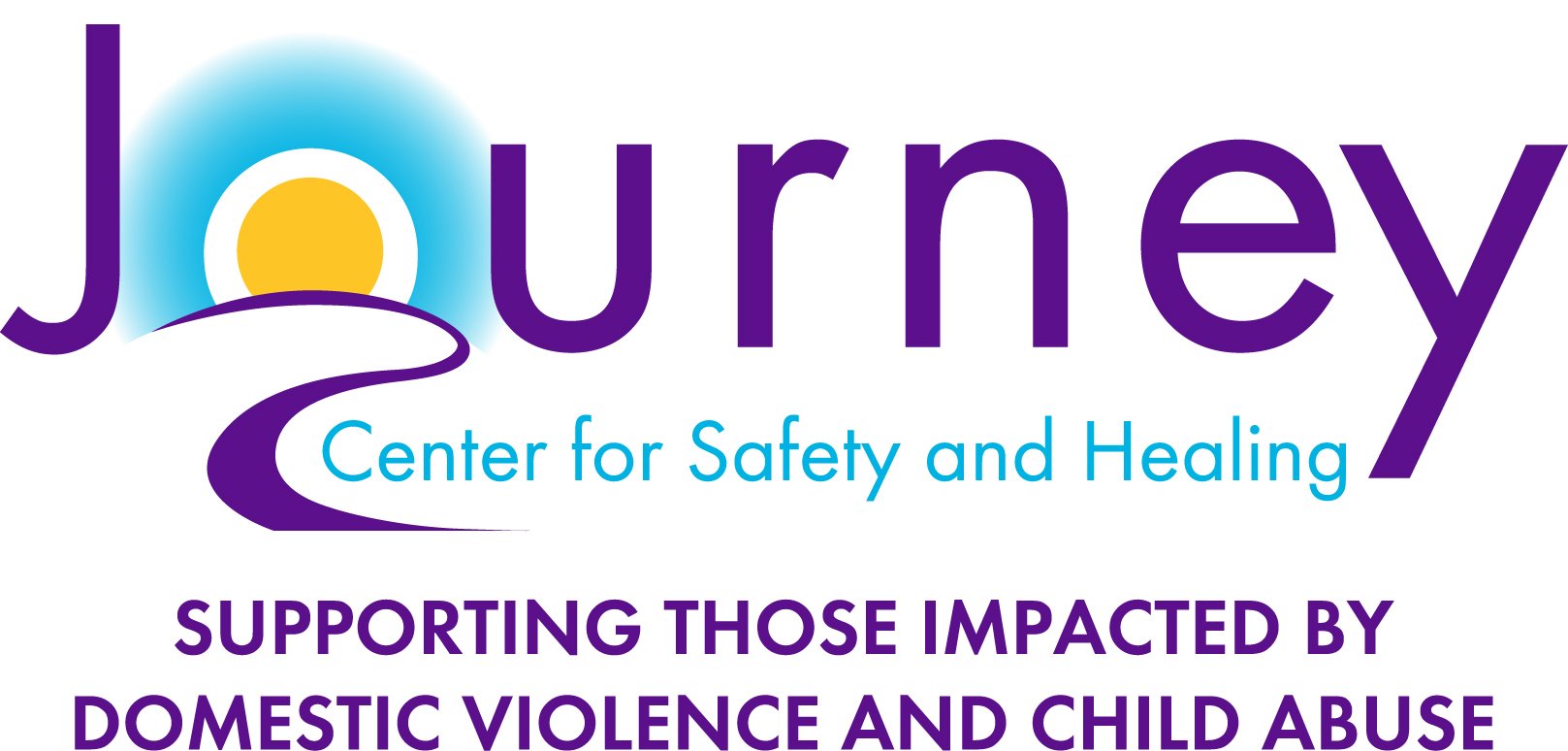Ohio domestic violence programs report increase in calls for service in 2020
CLEVELAND — Domestic violence advocates are worried about how the pandemic is affecting survivors. They said it's putting further stress on an already fragile situation in several different ways and are worried about the long-term effects it could have.
“This pandemic and this isolation actually just added a really difficult barrier and challenge for survivors,” said Victoria Grant, the Justice System Program Manager at the Journey Center of Safety and Healing.
Grant said those challenges include survivors being stuck at home with their abusers and feeling afraid to reach out for help.
“Sometimes we even have calls where women are actually in their closets or in their bathrooms and they're whispering,” Grant said.
She said there’s also been a disturbing increase in physical violence.
“We’re noticing that strangulation has escalated,” Grant said. “Even our shelter staff have commented that survivors are coming straight from the E.R. with broken bones, bruises.”
A survey from the Ohio Domestic Violence Network conducted last month said more than half of the state’s domestic violence programs reported an increase in survivors seeking shelter, calls to the hotline or other requests for services in 2020 compared to 2019.
It also said some programs are experiencing nearly triple the number of victims needing services, and a total of 58% of programs noted an increase in the severity of violence and injuries reported, including an increase in strangulation.
During Ohio’s initial stay-at-home order, Grant said the Journey Center’s calls dropped by 35%, which was a major concern for advocates.
“Our thought process was that because people are isolated and they're mandated to be at home, that survivors could no longer have access to be able to reach out for services,” Grant said.
But after the order was lifted, those numbers increased to 500 per month at their peak.
“It ebbs and flows from day to day from month to month,” Grant said.
Grant said survivors may have been able to visit a library or a friend’s house to make those calls away from their abusers. She believes those numbers will spike again once the pandemic is over.
“I think it's going to have a lot of long term trauma impact because survivors were not able to access those services in the beginning,” Grant said. “We're going to see our calls go up more in the courts because survivors are going to feel more safe to make those calls.”
In the meantime, she’s encouraging people to look out for the signs of abuse in their loved ones to potentially help them get out of a dangerous situation.
“Just be a listening ear,” Grant said. “Have that honest dialog with the survivor. Hey, I'm concerned about your safety. Is there anything that I can do to assist you during this difficult time, not only the pandemic, but also with what you're going through in your relationship?”
